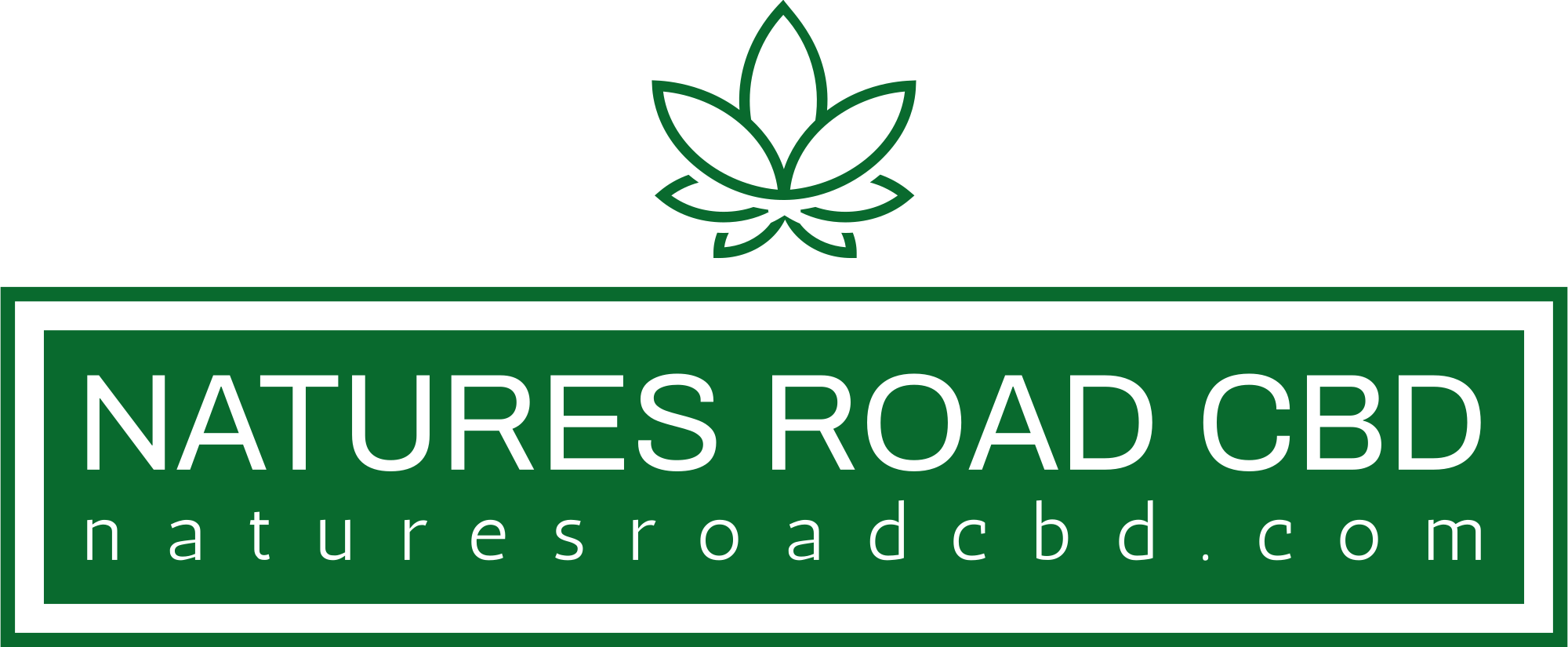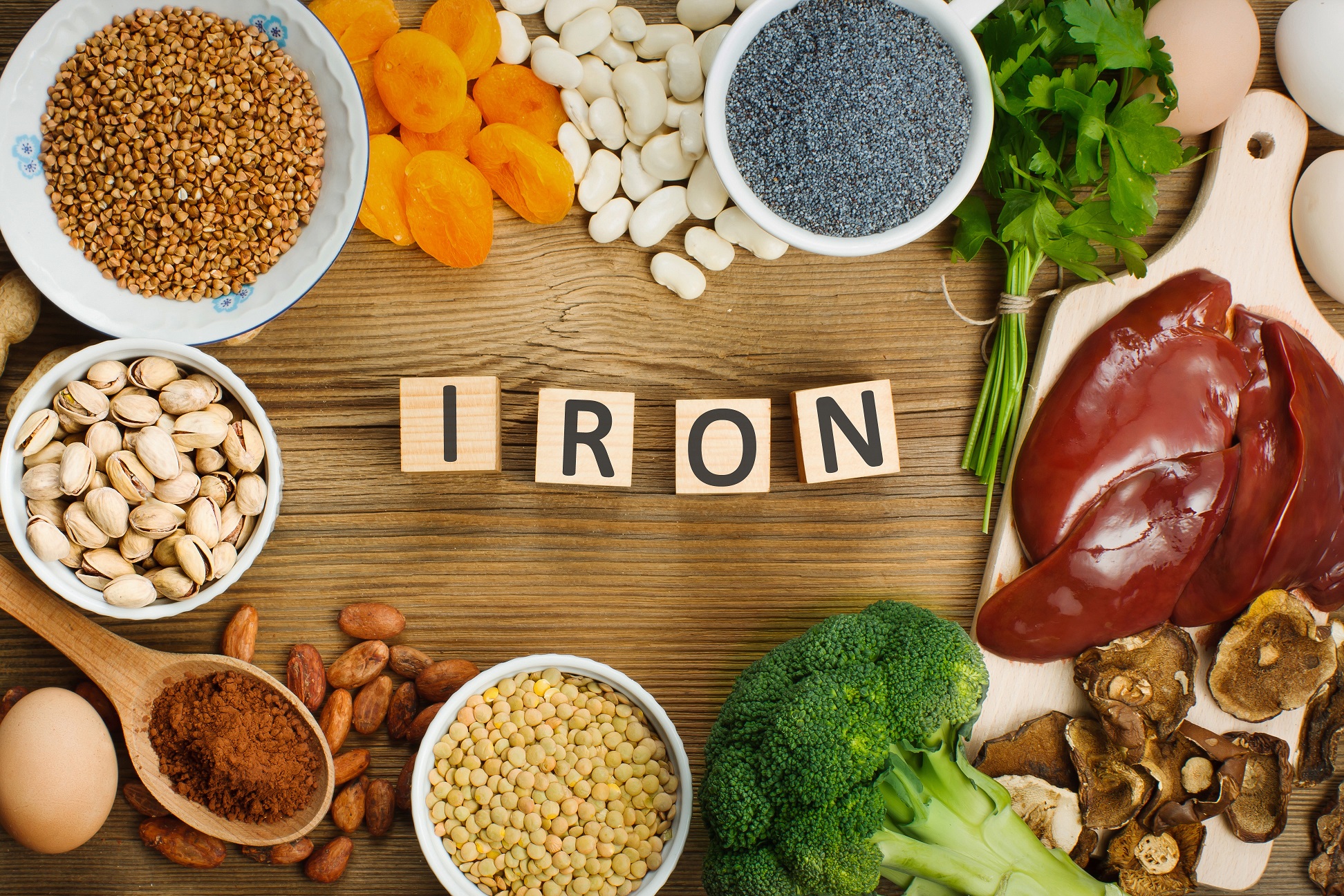Introduction
Iron is an essential mineral that plays a crucial role in maintaining good health. It is well-known for its importance in preventing iron-deficiency anemia, but its benefits extend far beyond that. Iron is essential for a variety of bodily functions, and understanding its significance can help you make informed choices about your diet and overall well-being. In this comprehensive guide, we will explore the many benefits of iron, its sources, recommended daily intake, and the potential risks of both deficiency and excess iron intake.
Iron’s Role in the Body
Iron is a mineral that is found in every cell of the human body. Its primary role is to transport oxygen from the lungs to the rest of the body via red blood cells. Hemoglobin, the protein in red blood cells, contains iron and binds to oxygen, allowing it to be carried through the bloodstream and delivered to body tissues and organs. This process is essential for energy production, growth, and overall vitality.
Prevention of Anemia
One of the most well-known benefits of iron is its role in preventing anemia. Anemia is a condition characterized by a reduced number of red blood cells or a decrease in the amount of hemoglobin in the blood, leading to symptoms such as fatigue, weakness, and pale skin. Iron-deficiency anemia is the most common type of anemia, and it is often caused by insufficient iron intake or poor absorption.
Adequate iron intake is vital for the production of healthy red blood cells and the prevention of anemia. Without enough iron, the body cannot produce sufficient hemoglobin, leading to anemia. Including iron-rich foods in your diet or taking iron supplements can help prevent and treat iron-deficiency anemia.
Cognitive Function
Iron plays a crucial role in maintaining optimal cognitive function. It is involved in the synthesis of neurotransmitters such as dopamine and serotonin, which are essential for mood regulation and cognitive performance. A deficiency in iron can lead to cognitive impairments, including difficulty concentrating, memory problems, and decreased alertness. Ensuring that you have sufficient iron in your diet can help support mental clarity and overall cognitive health.
Energy Production
Iron is essential for the production of adenosine triphosphate (ATP), the molecule that stores and releases energy within our cells. Without an adequate supply of iron, the body’s ability to produce ATP diminishes, leading to fatigue and weakness. Ensuring you have enough iron in your diet can help maintain optimal energy levels, making it easier to stay active and alert throughout the day.
Muscle Function
Iron is involved in muscle contraction and function. It plays a vital role in providing oxygen to muscles during physical activity, helping them perform efficiently. Athletes and physically active individuals require sufficient iron to support their exercise routines and prevent muscle fatigue.
Iron deficiency can lead to muscle weakness and decreased endurance, affecting both athletic performance and daily activities. Ensuring adequate iron intake can help you maintain strong, healthy muscles.
Immune System Support
Iron is an essential component of the immune system. It plays a crucial role in the body’s defense against infections and diseases. Iron helps white blood cells function effectively, enabling them to identify and destroy pathogens like bacteria and viruses. When iron levels are low, the immune system’s ability to combat infections is compromised, making individuals more susceptible to illnesses.
By maintaining optimal iron levels, you can support your immune system and better protect your body from various infections.
Skin and Hair Health
Iron is also important for maintaining healthy skin and hair. It contributes to the production of collagen, a protein that helps keep the skin supple and youthful. Adequate iron levels promote healthy hair growth and prevent issues such as hair loss and brittleness. Ensuring you have enough iron in your diet can help you maintain radiant skin and strong, vibrant hair.
Pregnancy and Fetal Development
During pregnancy, a woman’s iron requirements increase significantly. Iron is essential for the development of the placenta and the fetus. It supports the increased production of red blood cells needed to transport oxygen to both the mother and the developing baby. Iron deficiency during pregnancy can lead to complications such as preterm birth and low birth weight. Pregnant women are often advised to take iron supplements to ensure they meet their increased iron needs and support the healthy growth of their baby.
Wound Healing
Iron is a key element in the body’s wound-healing process. It helps in the formation of collagen, which is essential for the repair of damaged tissue. Proper iron levels ensure that wounds heal efficiently and without complications. A deficiency in iron can lead to delayed wound healing and an increased risk of infection.
Regulation of Body Temperature
Iron plays a role in the regulation of body temperature. It helps the body maintain a stable core temperature by assisting in the conversion of food into energy. This process produces heat, which helps regulate body temperature. Iron deficiency can disrupt this temperature regulation, leading to sensitivity to cold and an increased risk of hypothermia in extreme conditions.
Reducing the Risk of Chronic Diseases
Adequate iron intake may help reduce the risk of certain chronic diseases. Some studies suggest that iron, when consumed as part of a balanced diet, may have a protective effect against certain types of cancer. However, the relationship between iron intake and cancer risk is complex and requires further research. It is essential to maintain a balanced and varied diet to reduce the risk of chronic diseases.
Iron Sources
To enjoy the numerous benefits of iron, it is essential to obtain this mineral from various dietary sources. Iron is available in two main forms:
- Heme Iron: Heme iron is found in animal-based foods and is more easily absorbed by the body. Some excellent sources of heme iron include red meat, poultry, and fish.
- Non-Heme Iron: Non-heme iron is found in plant-based foods and fortified products. While non-heme iron is less readily absorbed than heme iron, it can still contribute significantly to your iron intake. Good sources of non-heme iron include beans, lentils, tofu, fortified cereals, and spinach.
It is important to note that the body can better absorb non-heme iron when it is consumed with vitamin C-rich foods, such as citrus fruits, bell peppers, and broccoli. On the other hand, certain substances, like calcium and tannins (found in tea and coffee), can inhibit the absorption of iron. Therefore, it is advisable to consume iron-rich foods separately from these inhibitors.
Recommended Daily Intake
The recommended daily intake of iron varies by age, sex, and life stage. The following are the recommended dietary allowances (RDAs) for iron:
Infants
- 0-6 months: 0.27 milligrams (mg)
- 7-12 months: 11 mg
Children
- 1-3 years: 7 mg
- 4-8 years: 10 mg
- 9-13 years: 8 mg
Adolescents and Adults
- Males 14-18 years: 11 mg
- Females 14-18 years: 15 mg
- Males 19-50 years: 8 mg
- Females 19-50 years: 18 mg
- Pregnant females: 27 mg
- Breastfeeding females: 10 mg
Seniors
- Males 51+ years: 8 mg
- Females 51+ years: 8 mg
It’s important to note that the iron needs of pregnant and breastfeeding women are significantly higher to support the growth and development of the fetus and to provide for the additional iron lost during pregnancy and breastfeeding.
Assessing Iron Levels
To ensure that you have the right amount of iron in your body, it’s crucial to have your iron levels assessed. This can be done through a blood test that measures your serum ferritin levels. Serum ferritin is a protein that stores iron, and its levels in your blood can indicate whether you have enough iron to meet your body’s needs. Your healthcare provider can recommend the appropriate tests and interpret the results to determine if you need to adjust your iron intake.
Risks of Iron Deficiency
Iron deficiency can lead to a range of health issues, as outlined below
- Anemia: The most common consequence of iron deficiency is anemia, characterized by fatigue, pale skin, weakness, and shortness of breath. Severe anemia can lead to heart problems, cognitive impairment, and reduced exercise capacity.
- Weakened Immune System: Iron-deficient individuals are more susceptible to infections and have a compromised immune response to pathogens.
- Cognitive Impairment: Iron deficiency can result in cognitive problems, such as difficulty concentrating and memory issues.
- Developmental Delays in Children: In children, iron deficiency can lead to developmental delays and impaired growth.
- Complications in Pregnancy: Pregnant women with iron deficiency may experience complications such as preterm birth and low birth weight.
- Wound Healing Issues: Delayed wound healing and an increased risk of infection can occur in individuals with iron deficiency.
- Temperature Regulation Problems: Those with iron deficiency may be more sensitive to cold and at a higher risk of hypothermia in extreme conditions.
Risks of Excess Iron
While iron is essential for good health, excessive iron intake can be harmful. Iron overload can occur through excessive supplementation or a medical condition known as hemochromatosis. The risks associated with excess iron intake include:
- Organ Damage: Excess iron can accumulate in organs like the liver, heart, and pancreas, leading to tissue damage and potentially life-threatening conditions.
- Joint Pain: Iron overload can cause joint pain and arthritis.
- Fatigue: Paradoxically, iron overload can lead to fatigue and weakness.
- Increased Infection Risk: Iron excess can impair the body’s ability to fight infections.
- Diabetes: Hemochromatosis is associated with an increased risk of developing type 2 diabetes.
Iron Supplementation
In some cases, individuals may require iron supplements to address a deficiency. It’s important to use iron supplements under the guidance of a healthcare professional. Excess iron from supplements can lead to iron overload, which poses health risks. Iron supplements are available in different forms, including ferrous and ferric iron salts, and can be prescribed or obtained over-the-counter.
Conclusion
Iron is a vital mineral with a multitude of benefits for the body, ranging from preventing anemia to supporting cognitive function, muscle health, and immune system function. It plays a crucial role in various physiological processes, including oxygen transport, energy production, and wound healing. To enjoy the benefits of iron, it is essential to maintain a well-balanced diet rich in iron sources, as well as to monitor iron levels regularly.
While iron deficiency can lead to various health problems, including anemia, cognitive issues, and weakened immunity, it’s important to be cautious about excessive iron intake. Iron overload can have serious consequences, such as organ damage, joint pain, and fatigue. Always consult with a healthcare professional to determine your specific iron needs and to receive guidance on supplementation if necessary.
Understanding the role of iron in the body and taking steps to ensure that your iron intake is appropriate for your age and life stage can significantly contribute to your overall health and well-being. Remember that maintaining a balanced and varied diet is key to reaping the benefits of iron while minimizing potential risks. Iron is indeed an essential element that should not be overlooked in your journey toward optimal health.
- JustCBD UK CBD Oil Tincture Review: A Flavorful Journey to Relaxation - July 4, 2024
- The Comprehensive Guide to the Benefits of Lion’s Mane Functional Mushrooms - October 28, 2023
- What Is Hemp-Derived Delta-10? A Comprehensive Guide - October 28, 2023

